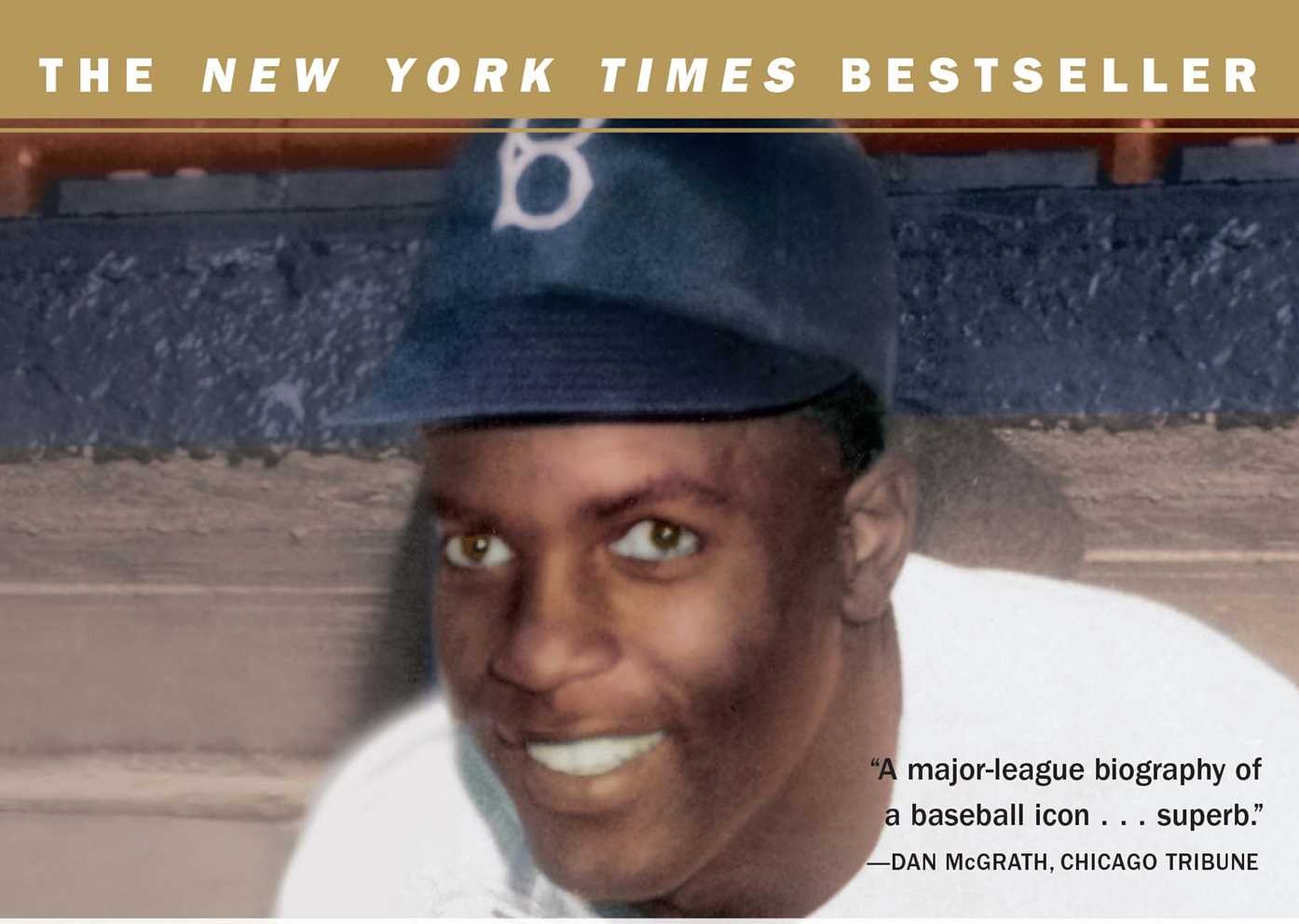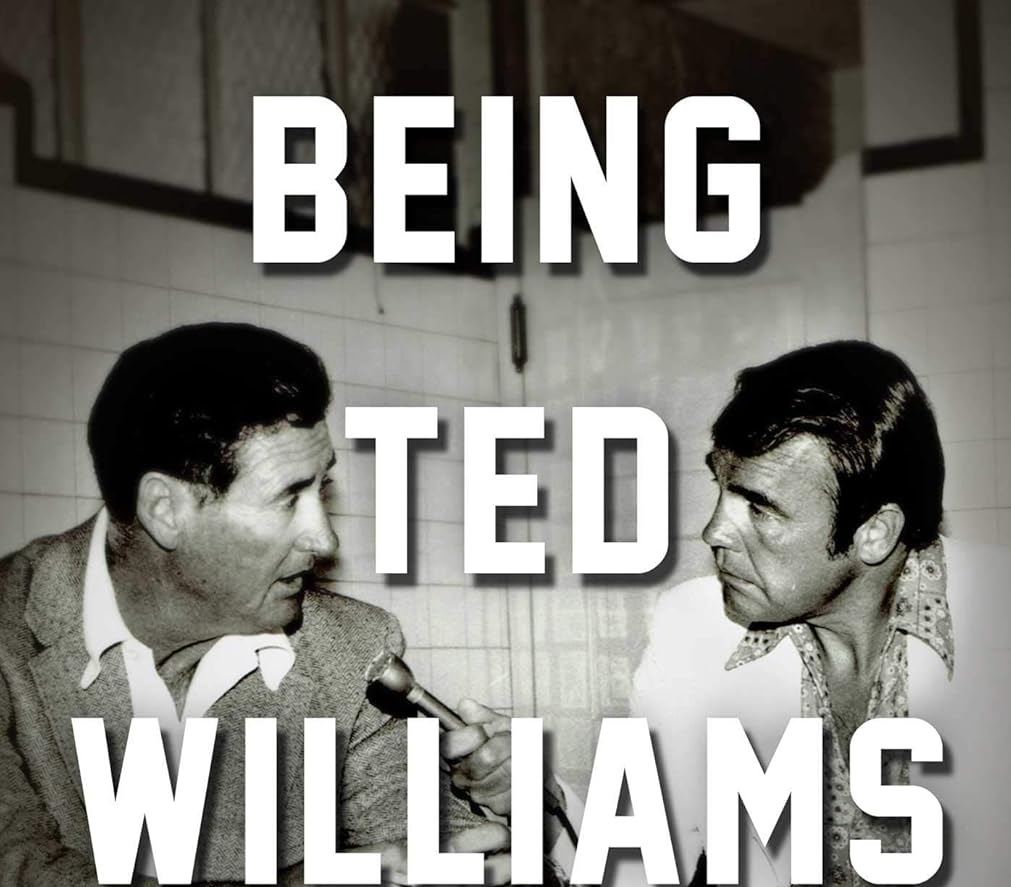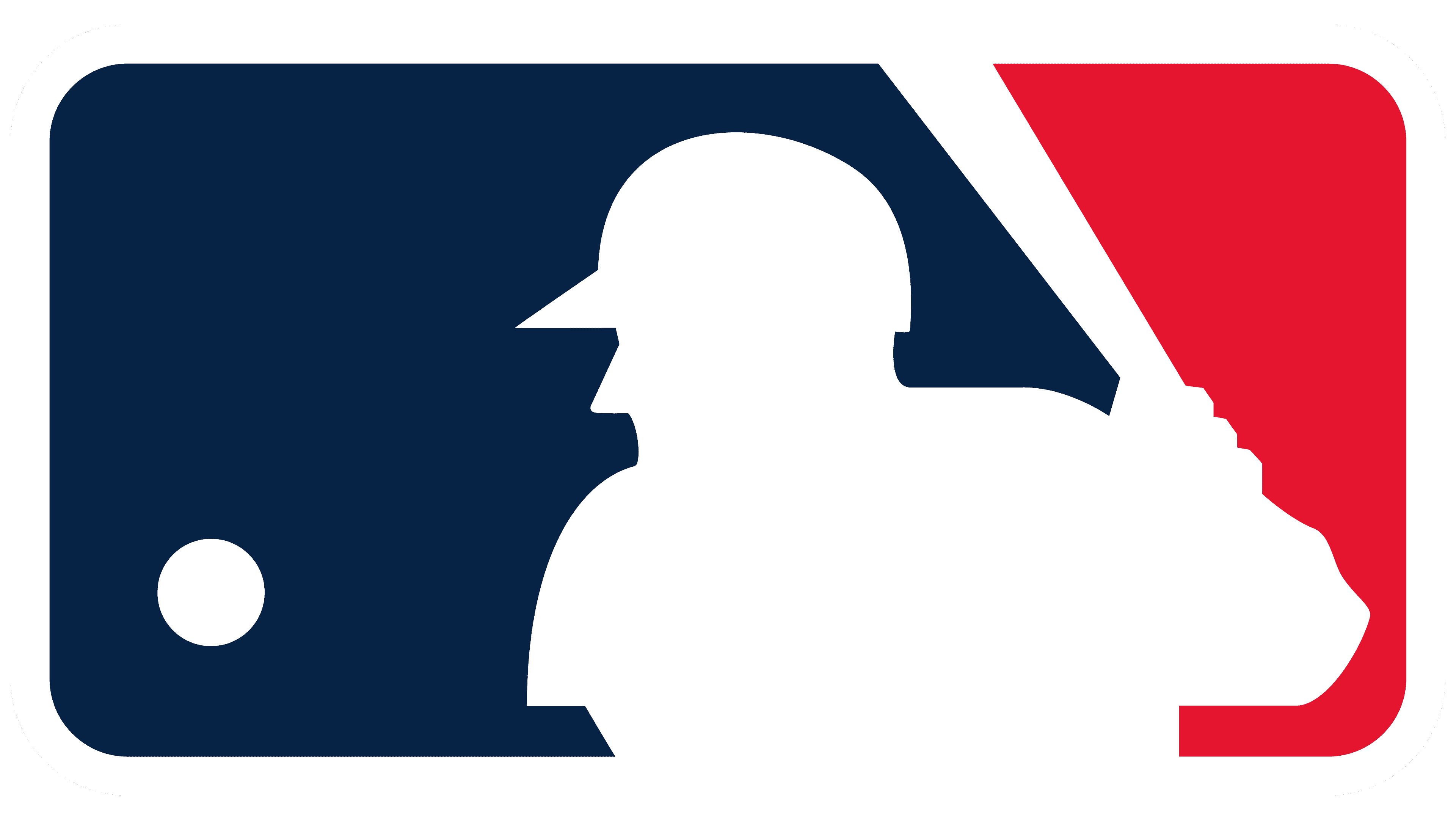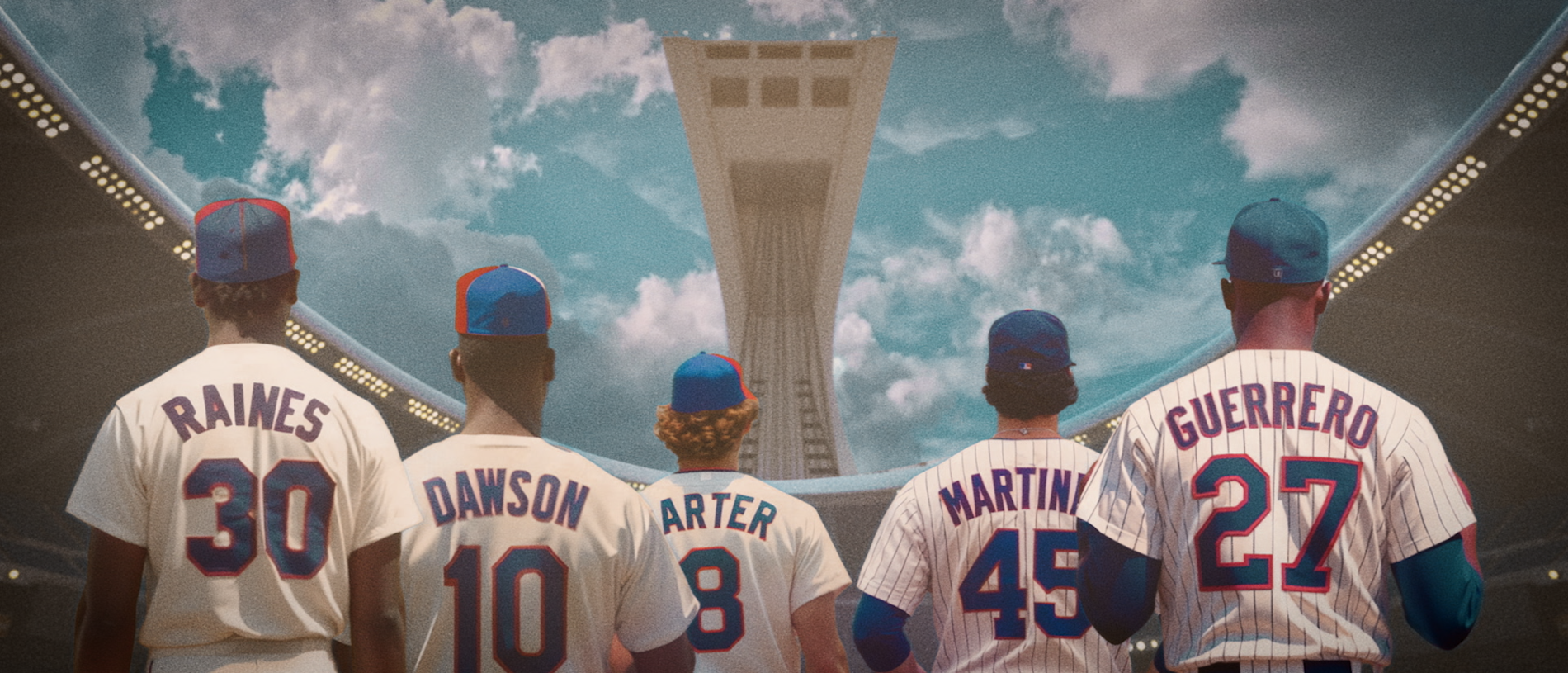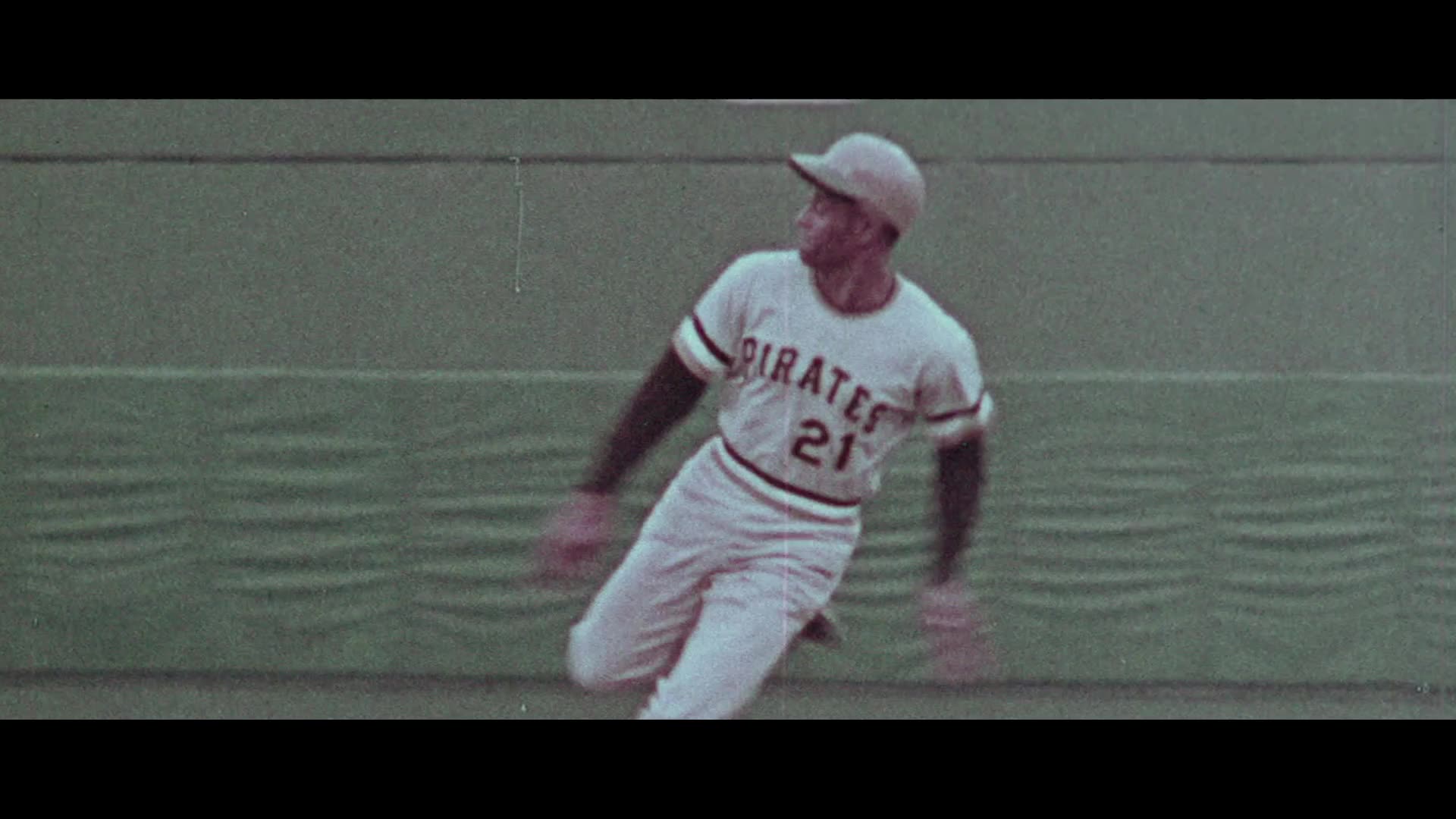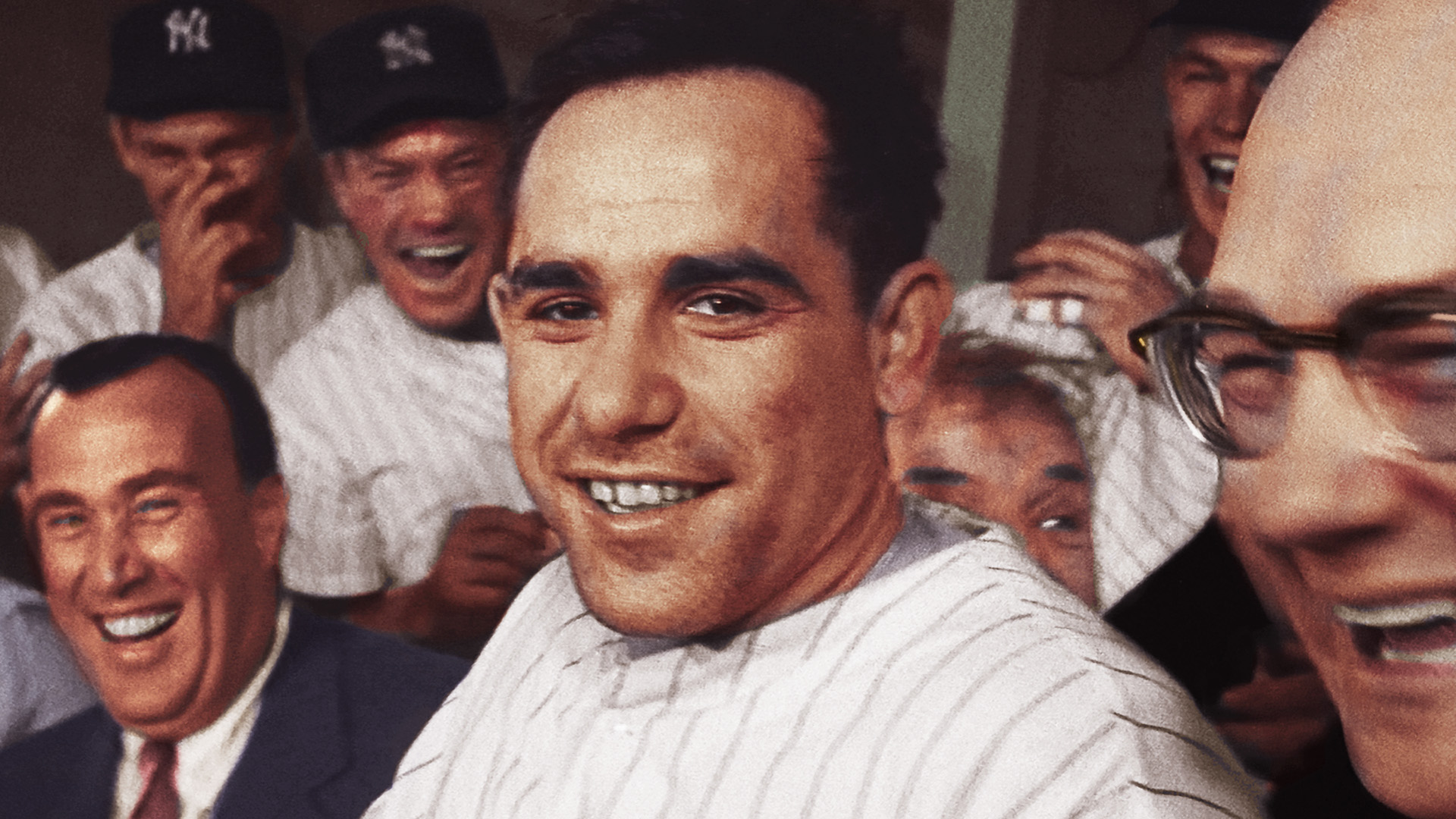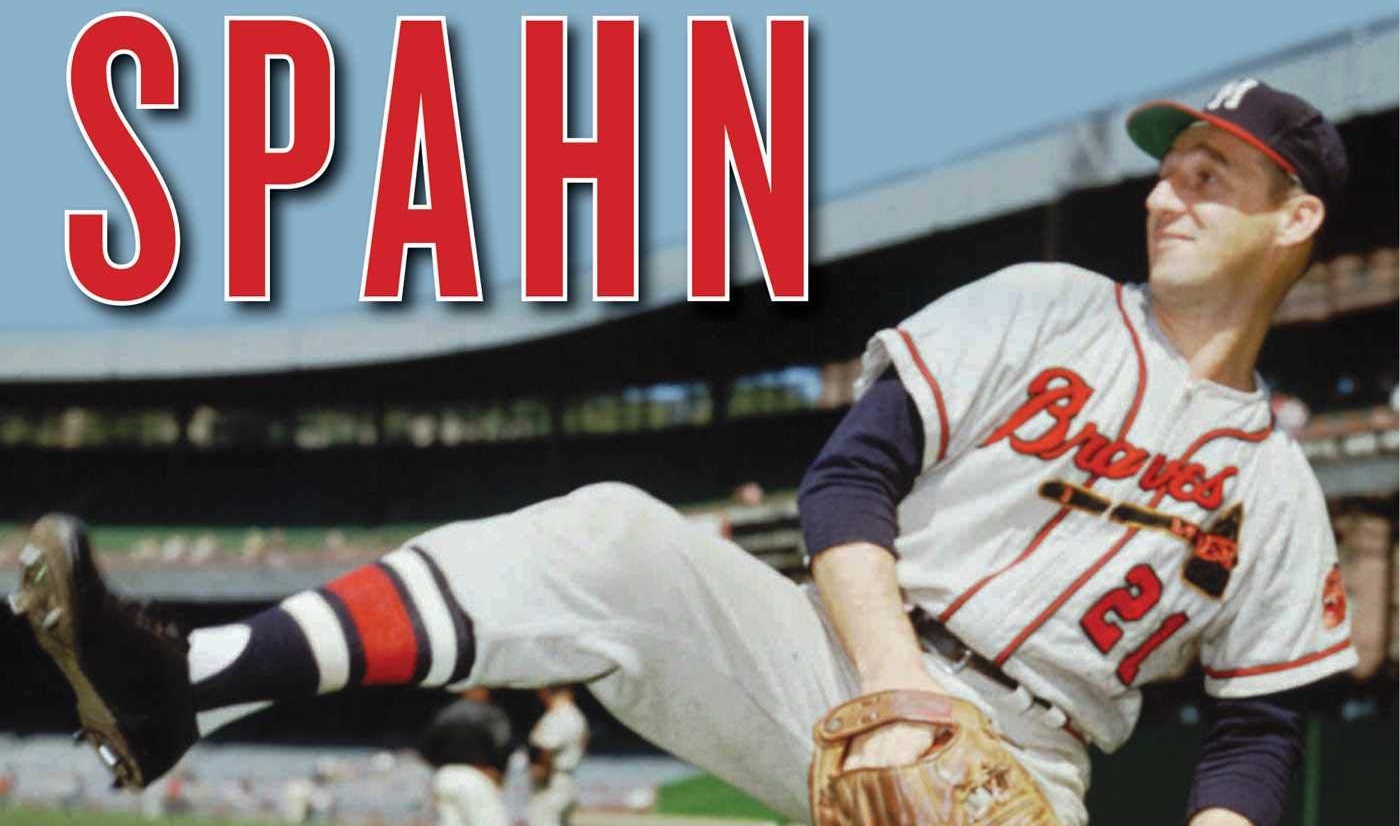
Warren Spahn finally got the major biography treatment in 2018 when Sports Publishing published Lew Freedman’s Warren Spahn: A Biography of the Legendary Lefty.
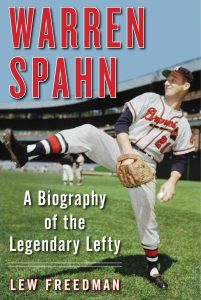
The Atlanta Braves Hall of Fame pitcher is the winningest left-handed pitcher with 363 career wins. While he passed away in 2003, it’s surprising that we only recently got the first major biography about him. There was a previous book on his pitching duel with Juan Marichal and it’s considered something of a dual biography. Next to that, one exists on a trio of players playing for the Boston Braves and Red Sox in 1948. But why a solo biography didn’t happen sooner is beyond me. Its 2018 publication came 15 years after Spahn’s passing and 45 years since being elected to the Baseball Hall of Fame.
Lew Freedman is a prolific writer, having written around 100 books—a good amount of them about baseball or baseball history. To put it simply, this is a man who knows his stuff. He certainly puts in the work in telling Spahn’s story although a major flaw is Freedman’s lack of interviews surviving family members, teammates, and colleagues—aside from one personal interview with Hall of Fame pitcher Phil Niekro. A lot of the quotes are sourced from previous oral history interviews, books (especially those written by or about Hank Aaron, Eddie Mathews, and Marichal), newspapers, or magazines. All of Greg Spahn’s comments come from previous coverage. It’s a missed opportunity to that end.
Signed by the then-Boston Braves for a ridiculous $150, Spahn would achieve greatness. But before he could really start his baseball career, Spahn made a pit stop by joining more than 500 other MLB players in serving the country during WWII. He came back an older rookie in 1946 but he was well on his way to achieving greatness. But before going into the service, he was playing under then-Boston Braves manager Casey Stengel during the 1942 season. Suffice it to say, Casey’s comments had incredible foresight for a manager who would get into the Hall of Fame for what he did with the New York Yankees.
“He’s only twenty years old and needs work. But mark my word, if nothing happens to the kid, he can be a great one. Someday he’s gonna be one of the best left-handers in the league.”
But then again, there were times were Stengel’s temper got the best of him, saying that Spahn had no guts. Alas, Spahn spent the rest of the 1942 season playing Class A ball. He wouldn’t be back in the majors until 1946. By then, Stengel was back to managing in the minor leagues.
Much like Bob Feller, Ted Williams, and other ballplayers who served their country, there’s no telling just what Spahn’s career numbers could have been. He admitted that the war changed him as a person and he came back a better pitcher as a result. But if not for the war, there’s a likely chance that he would have reached 400 wins or come awfully close. Feller definitely would have won over 300 games and the Splendid Splitter would have become a member of the exclusive seven-member 500 HR/3,000 hits club.
At times though, it feels as if Freedman is writing mini-bios of all of Spahn’s teammates, even Jackie Robinson of the Dodgers. Are all of the min-bios pertinent to the longer narrative being told? I don’t know. There are a few books written by or about Hank Aaron but Freedman introduces the then-rookie teammate as if the reader didn’t know anything about him. Recapping their 1957 National League pennant, he gets into the rivalry between Aaron and Mathews. Both players hit over 500 home runs and sure enough, Mathews said that they had a friendly rivalry. What may have helped set them off in the rivalry department was Milwaukee not getting the same level of press that Willie Mays was getting in New York.
Freedman’s bio of Spawn doesn’t really set it apart from so many other baseball books. Of course, we’re coming for the baseball aspect. But what about Spahn’s life at home and away from the field? That’s where an interview with his son, Greg, would have benefited the book.
Warren Spahn: A Biography of the Legendary Lefty is a good book but unfortunately, it falls short of being a great book. But for now, it’s the only solo biography that spans Spahn’s career and briefly touches upon his post-baseball years. For those that didn’t see him as a player, they might only know him through the poem: Spahn and Sain and pray for rain.
Discover more from Dugout Dirt
Subscribe to get the latest posts sent to your email.

